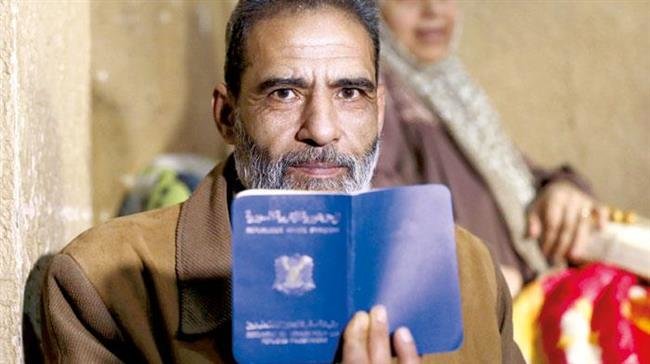
RNA - Travel agencies in Jordan and the Israeli occupied East Jerusalem al-Quds were informed of the Saudi decision in early September without any further explanations on the reason of the ban.
“They will refuse to issue visas for any temporary passport that has no national [citizenship] number," Abu Khaled al-Jimzawi, an East al-Quds-based tourism office director, told the Middle East Eye.
The new Saudi policy will deny the Palestinians the chance to participate in the Hajj pilgrimage, a religious ritual that has to be completed by Muslims at least once in their lifetime.
According to Press TV, many Palestinians fled to Jordan between 1947 and 1967 as a result of Israeli occupation. Today, more than 600,000 Palestinians live in Jordan without any citizenship but are given temporary Jordanian passports for travel. Moreover, the Saudi decision will also affect most Palestinian residents of the Israeli occupied East Jerusalem as they also rely on the temporary Jordanian passports.
Observers believe the passport ban seeks to induce Palestinian refugees to apply for Jordanian citizenship. East Jerusalem residents will have to apply for Israeli citizenship or request travel documents from the Palestinian Authority, a move that is known to be used by Israel to revoke resident status from Palestinians on the basis of numerous pretexts, such as a newly passed "breach of loyalty" law.
Internal emails from US President Senior Adviser Jared Kushnerdisclosed by the Foreign Policy Magazine in August revealed plans that sought to neutralize Palestinian refugees in Jordan, effectively ending their Palestine related status.
Furthermore, some Arab media outlets speculate the Saudi decision to be in line with what US President Donald Trump has labeled as the “Deal of the Century”, underlining the US president's allegedly new Middle East road map. Trump has yet to officially publish the controversial proposal that has drawn condemnation from many Palestinian and regional figures.
847/940